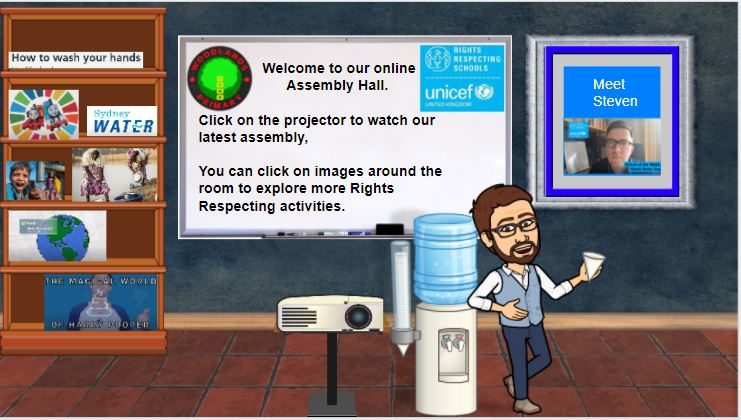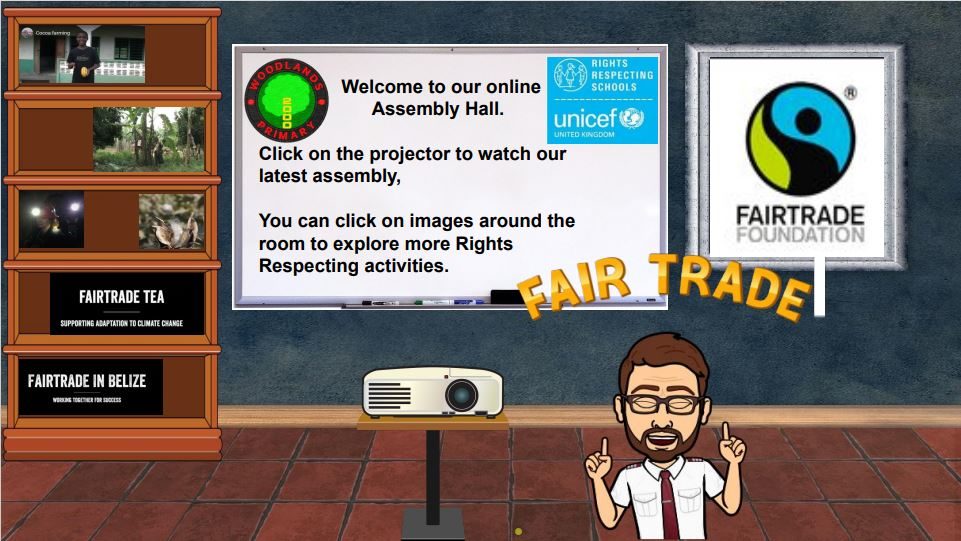This week we focused on international Woman’s week. We considered how important it is to ensure we have gender equality in all areas of society.

Article 2 (non-discrimination): The Convention applies to every child without discrimination, whatever their ethnicity, gender, religion, language, abilities or any other status, whatever they think or say, whatever their family background.
Article 12 (respect for the views of the child): Every child has the right to express their views, feelings and wishes in all matters affecting them, and to have their views considered and taken seriously. This right applies at all times, for example during immigration proceedings, housing decisions or the child’s day-to-day home life.
Article 13 (freedom of expression): Every child must be free to express their thoughts and opinions and to access all kinds of information, as long as it is within the law.

















